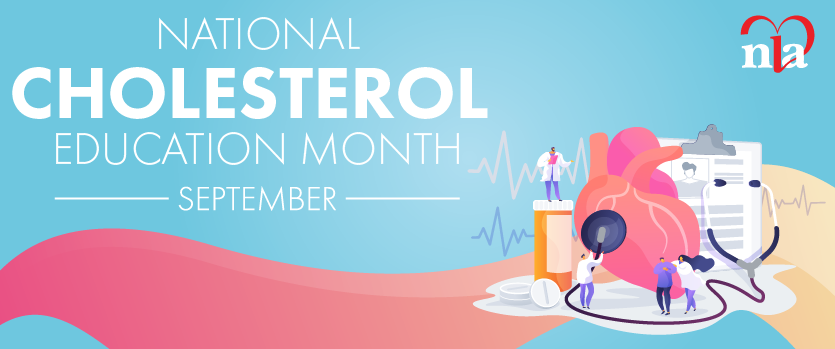Cardiovascular disease affects one in three adult males and accounts for 25 percent of their mortality, making it the leading cause of death for men in the U.S.1,2 Clinical androgen deficiency, characterized by low testosterone levels with manifest symptoms, affects a large number of middle-aged and older men and can significantly impact not only quality of life but also several cardiovascular risk factors and mortality. The Massachusetts Male Aging Study estimated the prevalence of androgen deficiency in the 40- to 69-year-old U.S. population to be 12.3 percent (2.4 million people), with an expected incidence of 481,000 cases per year in this age group.3
Testosterone levels peak in the second and third decade of life,4 followed by an age-related decline of 1 to 2 percent per year.5 Bioavailable testosterone is further reduced because of an age-related increase in sex hormone-binding globulin.4 The prevalence of testosterone deficiency therefore increases with age, affecting 20 percent of men over the age of 60, 30 percent over age 70, and 50 percent over age 80.6 Common conditions such as obesity and obstructive sleep apnea can also suppress the hypothalamic-pituitary-testis axis, leading to testosterone deficiency.7
Low testosterone levels are associated with an increased risk of metabolic syndrome and its individual components, including central adiposity,8 an adverse lipid profile, insulin resistance and subsequent type 2 diabetes mellitus.9 Testosterone deficiency is also associated with atherosclerosis and several cardiovascular risk factors, including increased carotid intimal media thickness,10-12 peripheral arterial disease,13 and elevated high-sensitivity C-reactive protein,14 as well as increased all-cause and cardiovascular mortality.15-19
Testosterone Deficiency and Lipid Metabolism
Testosterone down-regulates lipoprotein lipase activity, resulting in decreased triglyceride levels,20 and testosterone deficiency has been associated with elevated atherogenic lipoproteins, elevated triglycerides, and decreased high-density lipoprotein cholesterol (HDL-C).21 The impact of testosterone on HDL-C and low-density lipoprotein cholesterol (LDL- C) metabolism has not been clearly defined given conflicting data.9 While the effects of testosterone therapy on LDL-C are debated, studies have consistently shown a reduction in total cholesterol with testosterone supplementation, and some studies have also shown triglyceride reduction.9
Treatment of Testosterone Deficiency
The pressing question — a current topic of debate — is whether testosterone supplementation should be administered in males with low testosterone levels and cardiovascular risk factors. Small, randomized controlled trials have demonstrated favorable effects of testosterone therapy on components of metabolic syndrome, including improved dyslipidemia, decreased insulin resistance, improved glycemic control, and decreased inflammatory markers including C-reactive protein.9 Testosterone therapy has also been shown to decrease exercise-induced myocardial ischemia, as evidenced by a delay in time to one millimeter ST-segment depression on treadmill exercise testing in men with stable angina.22-23 Notably, despite the benefits of testosterone supplementation seen in these studies and others showing improved mortality,24-25 a few recent studies have led to growing concern regarding a potential increase in cardiovascular events with testosterone therapy.26-29 However, these studies had several limitations in design, participant selection, and adherence to guideline-recommended diagnosis and treatment of clinical androgen deficiency, confounding their interpretation.
Despite the unchanged prevalence of male hypogonadism, there has been a recent dramatic increase in patients asking about testosterone therapy, possibly as a result of increased marketing of “low T” syndrome and a concomitant rise in testosterone prescription without evidence of appropriate diagnosis or monitoring.30-31 Inappropriate therapy and inadequate monitoring can lead to testosterone levels that are too high or too low, both of which are likely harmful. Testosterone therapy must, therefore, be prescribed only after appropriate diagnosis of clinical androgen deficiency and with adequate safety monitoring as recommended by the Endocrine Society Clinical Practice Guideline.5
Conclusion
Testosterone deficiency adversely impacts many cardiovascular risk factors, including lipoprotein metabolism. There is evidence that testosterone deficiency may lead to progression of atherosclerosis and — ultimately — cardiovascular disease, and that appropriate supplementation mitigates many of these risks. Larger randomized controlled trials with long- term follow-up are needed to elucidate the role of testosterone supplementation in cardiovascular risk reduction and further evaluate its risks and benefits.
Disclosure statement: Dr. Tanna has no disclosures to report. Dr. Plakogiannis received speaker honoraria from Sanofi, Pfizer, and LIU CE.
References are listed on page 39 of the PDF.
Article By:
Arnold & Marie Schwartz College of Pharmacy and Health Science
Long Island University
Brooklyn, NY
Clinical Primary Care Pharmacist, NYU Langone Medical Center
New York, NY
Diplomate, Accreditation Council of Clinical Lipidology






.jpg)
.png)












